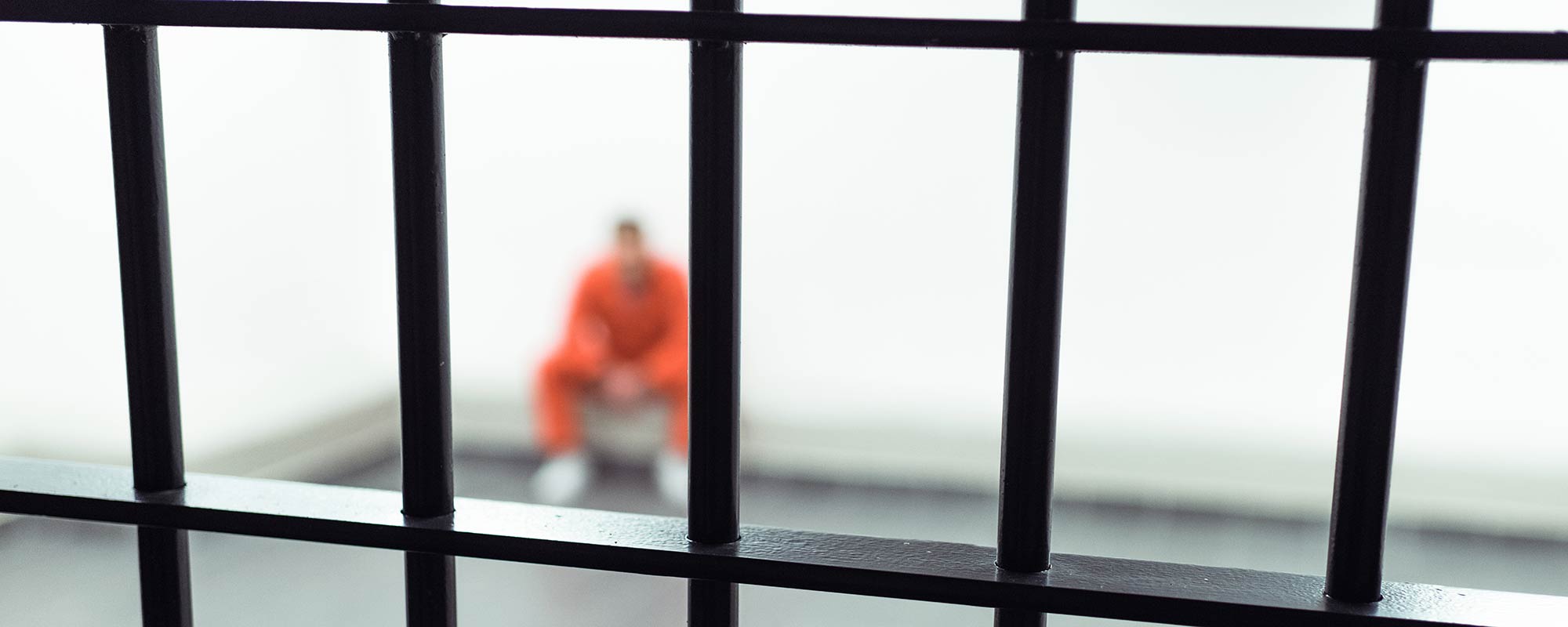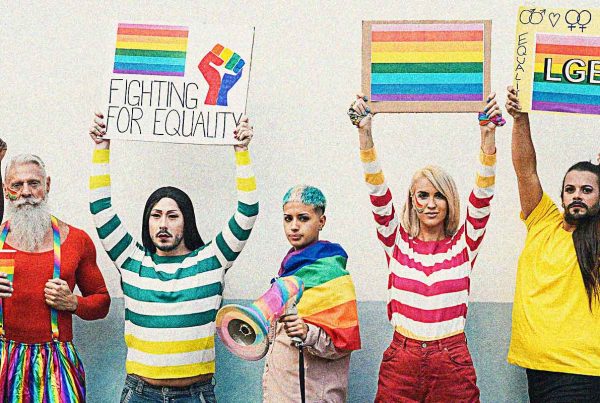For immediate release — The feds were scolded today by the Chief Justice of Ontario and its highest court, which rejected Canada’s request for another 7 months to fix their unconstitutional solitary confinement law. The Canadian Civil Liberties Association succeeded in having parts of the federal law struck down in late 2017, after which the feds were given 12 months to fix the law.
“Canada’s failure to address the concerns identified by the court is disappointing,” read the sternly worded (unanimous) ruling by the Ontario Court of Appeal. The Attorney General of Canada failed to explain, justify, or mitigate its “delay in addressing the constitutional infirmity identified in the judgement of the Superior Court of Justice.” Accordingly, the Court ruled against Canada’s application for a seven-month extension of the 12-month leeway for fixing federal solitary confinement laws. A four-month reprieve was ordered by the Court.
CCLA’s Executive Director, Michael Bryant, was not optimistic that Canada could possibly meet that parliamentary timetable.
“This is a big setback for the Government of Canada. Canada’s running out of time. Their new solitary confinement bill, called a “work in progress” by Crown and Court of Appeal, not only fails to satisfy the 2017 judgement of the Association Chief Justice of the Superior Court, it likely won’t have Royal Assent by April. So, expect a spring cleaning of our solitary confinement laws in 2019.”
CCLA also forced Canada to concede that one-third of solitary confinement inmates need not be held in confinement. This extraordinary admission came when their backs were against the wall during the heated exchanges between parties and the court. In written submissions, having said that the current law required everyone in solitary confinement to stay in solitary confinement, the Crown conceded that one-third of inmates in solitary confinement need not be there.
Conclusive evidence shows the use of solitary confinement not only places prisoners at a heightened risk of self-harm and suicide but can cause and exacerbate irreversible psychological distress and trauma. These effects are magnified among vulnerable populations of people, including young people and people with existing conditions of mental illness. CCLA’s stance on this is firm — these and other vulnerable groups should never be placed in solitary confinement.
“Canada’s solitary confinement laws are both unconstitutional and un-Canadian. We won’t slow down our fight for the humane treatment of inmates,” says Michael Bryant, CCLA’s Executive Director and General Counsel.
CCLA is represented by counsel Jonathan Lisus and Larissa Moscu of Lax O’Sullivan Lisus Gottlieb LLP and Michael Rosenberg and Charlotte-Anne Malischewski of McCarthy Tétrault LLP.
Contact:
Michael Bryant
Executive Director and General Counsel
CCLA: 416-230-8658
Noa Mendelsohn Aviv
Director of Equality Program
CCLA: 647-780-9802
Michael Rosenberg
McCarthy Tétrault LLP
mrosenberg@mccarthy.ca
About the Canadian Civil Liberties Association
The CCLA is an independent, non-profit organization with supporters from across the country. Founded in 1964, the CCLA is a national human rights organization committed to defending the rights, dignity, safety, and freedoms of all people in Canada.
For the Media
For further comments, please contact us at media@ccla.org.




